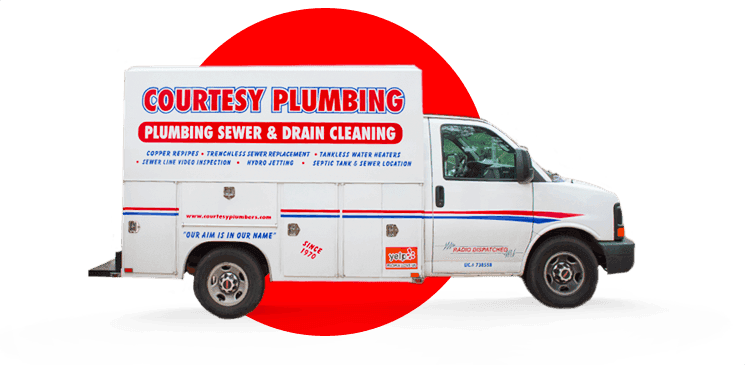Plumbing problems can be a nightmare. When it comes to water damage associated with a flood in your house, the damage can be very unforgiving. Many of the materials used to construct residential buildings are porous and do not stand a chance when it comes to water damage. The quicker you can react the better chance you have at preventing structural damage from a flood. A burst pipe, back-flow issue, and sump pump failure are just a few plumbing problems that can cause water damage. Here are some tips to help you minimize water damage when dealing with a plumbing problem.
#1 Do Not Enter
If the area is flooded do not enter the flood. It is a known fact that water and electricity do not mix, so unless you can be certain that the power has been turned off, do not enter the flood water! Another reason you will want to avoid entering the flooded area is the risk of contamination. If it is a sewage leak, there could be harmful bacteria in the water that can make you very ill.
#2 Shut of Water Supply
If you are suffering from a burst pipe, one of the first things you should do to minimize water damage is to turn off the main water supply. This can help not only minimize water damage, but also prevent water waste. It is important to be prepared, in the event of a plumbing related flood, so it is a good idea to familiarize yourself with where the main water shutoff is ahead of time. Sometimes the main water supply is in the basement or utility room of your home, or underground in the yard or sidewalk in front of your house. If you are unsure you can contact your water municipality.
#3 Call Your Plumber
The next thing you should do is to contact your plumber right away! Many plumbers offer emergency plumbing service, you should check with your preferred plumber if they offer this type of service. Make sure you keep their information handy in the event of a plumbing emergency. The quicker your plumber can respond, the less water damage there will be.
#4 Prevent the Spread of Water Damage
Water damage can be unrelenting. It does not discriminate either, all porous surfaces are at risk. So, it is important for you to protect your personal belongings. Cover areas with plastic, and try to clean up the water as best you can. Some useful things to have on hand in the event of a plumbing emergency are plastic wrap, sandbags, 5-gallon bucket, duct tape, plunger, and a flashlight. Having these things on hand can help minimize water damage during a plumbing problem.
#5 Contact Your Insurance
Many home insurance policies have flood coverage. It is important to contact them right away, the longer you wait could be the difference between you getting the coverage you need or not. Make sure you take pictures of the damage and keep all receipts associated with emergency repairs.
Courtesy Plumbing is available to handle all of your plumbing emergencies. Contact Courtesy Plumbing today to learn more!



